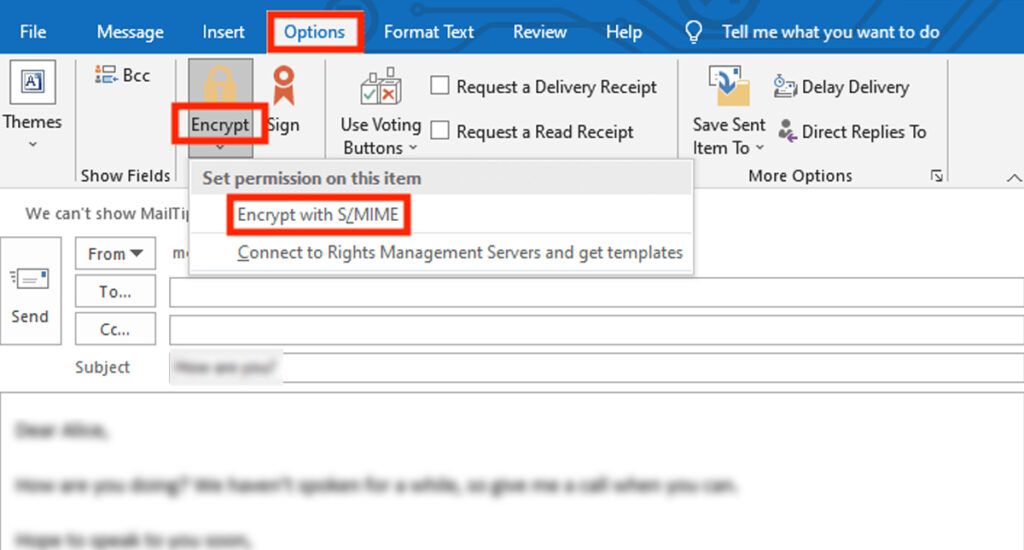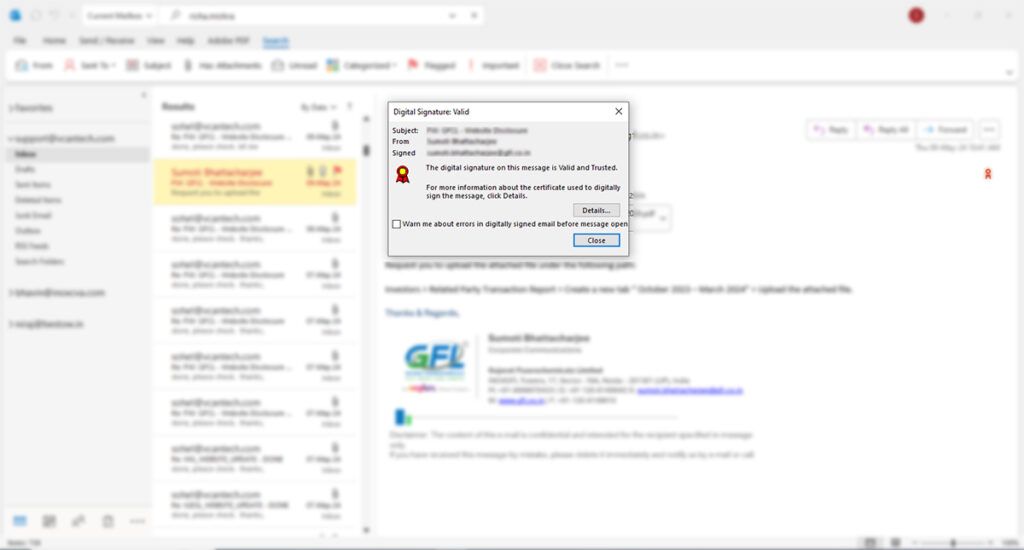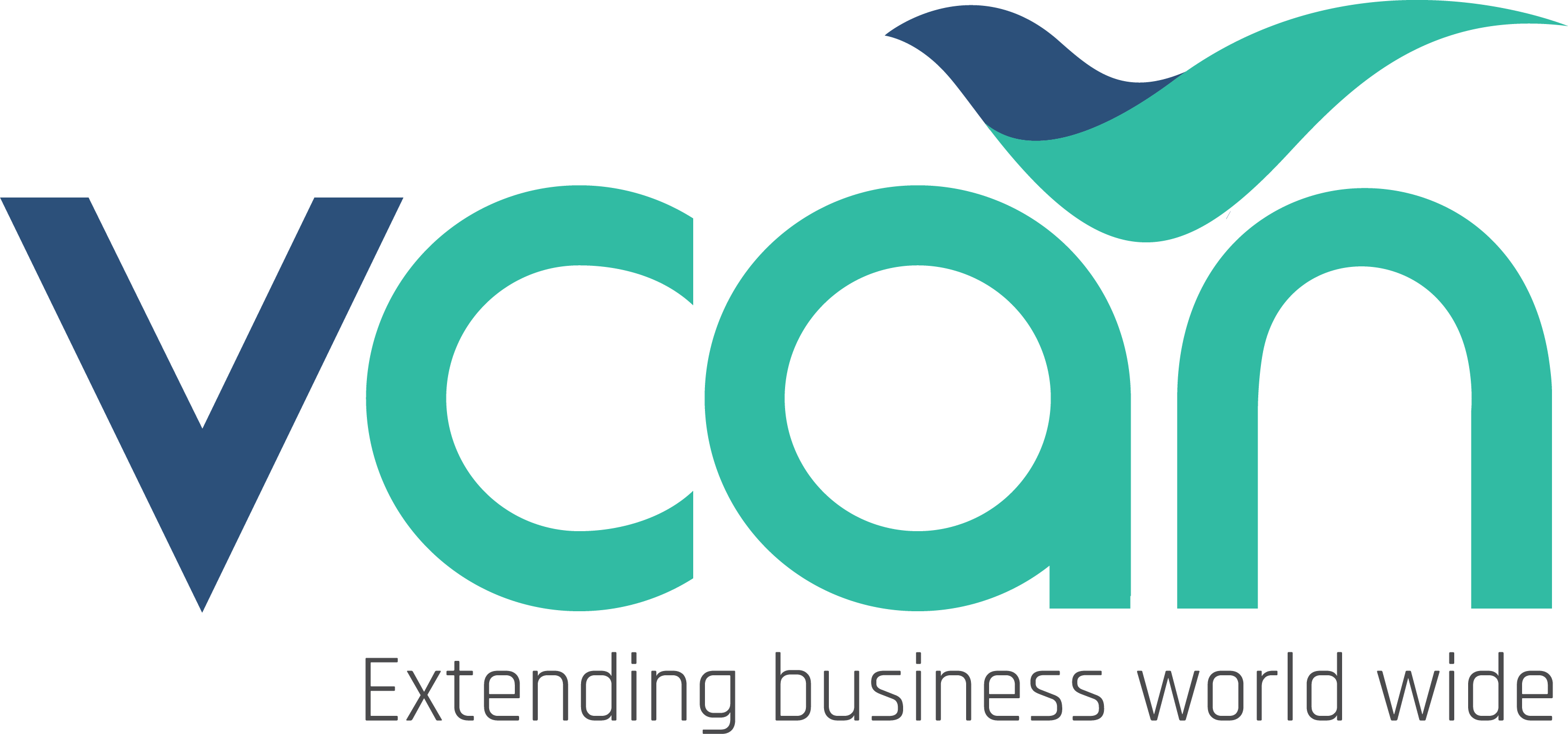Your Shield Against Email Threats
Email Security (S/MIME) Certificates
VCANTech offers S/MIME certificates that provide secure email encryption and digital signatures to ensure confidentiality, integrity, and authenticity of email communications. These certificates encrypt messages using the recipient’s public key, allowing only the intended recipient to decrypt them. S/MIME certificates are compatible with major email applications like Microsoft Outlook, Apple Mail, and popular mobile operating systems. They cater to individuals, startups, small businesses, and enterprises, offering easy-to-use, multi-year plans to save time and money while securing emails.

How S/MIME Certificates Work
Encryption


Digital Signatures
Expert Solutions for Unmatched Email Protection
Features of Email Security (S/MIME) Certificates?

End-to-end email encryption
End-to-end email encryption is an essential security measure designed to protect the contents of email messages throughout their entire journey from sender to recipient.

Digital signatures to prevent fraud
Digital signatures are a powerful tool in the fight against fraud, providing a reliable method for verifying the authenticity and integrity of electronic documents and communications.

Support for various email clients
In a diverse digital landscape, users and organizations often employ a variety of email clients such as Outlook, Gmail, Apple Mail, and Thunderbird, each with its own unique interface and set of functionalities.

Microsoft Office file signing capabilities
Microsoft Office offers robust file signing capabilities, allowing users to digitally sign documents for authentication and security purposes. Through digital signatures, users can verify the integrity and origin of a document, ensuring that it has not been tampered with and originates from a trusted source.
Expert Solutions for Unmatched Email Protection
Benefits of S/MIME Certificates

Verify Email Authenticity
Confirm emails and signed messages originated from the intended sender.

Protect Against Attacks
Shield your business from phishing, malware,and Business Email Compromise (BEC) attacks.

Widespread Compatibility
S/MIME certificates work with all major email providers and applications,including Microsoft Outlook (web and desktop versions), Exchange,Gmail,popular mobile operating systems, and more.
Requirements and Issuance with Additional Information
- Use a desktop or laptop for certificate collection
- Modern browsers recommended for ordering
- Submit a Certificate Signing Request (CSR)
- Follow a four-stage process: order, request, download, and install
- Multi-year plans available for cost savings
- Comprehensive support via online, phone, email, and chat
- Trusted by leading global brands
Contact Us
Do you have a question that we can help to answer? Our team is ready to assist you.
Schedule a Demo
FAQS
What is S/MIME?
S/MIME stands for Secure/Multipurpose Internet Mail Extensions. It's a standard for securely sending and receiving emails using digital signatures and encryption.


